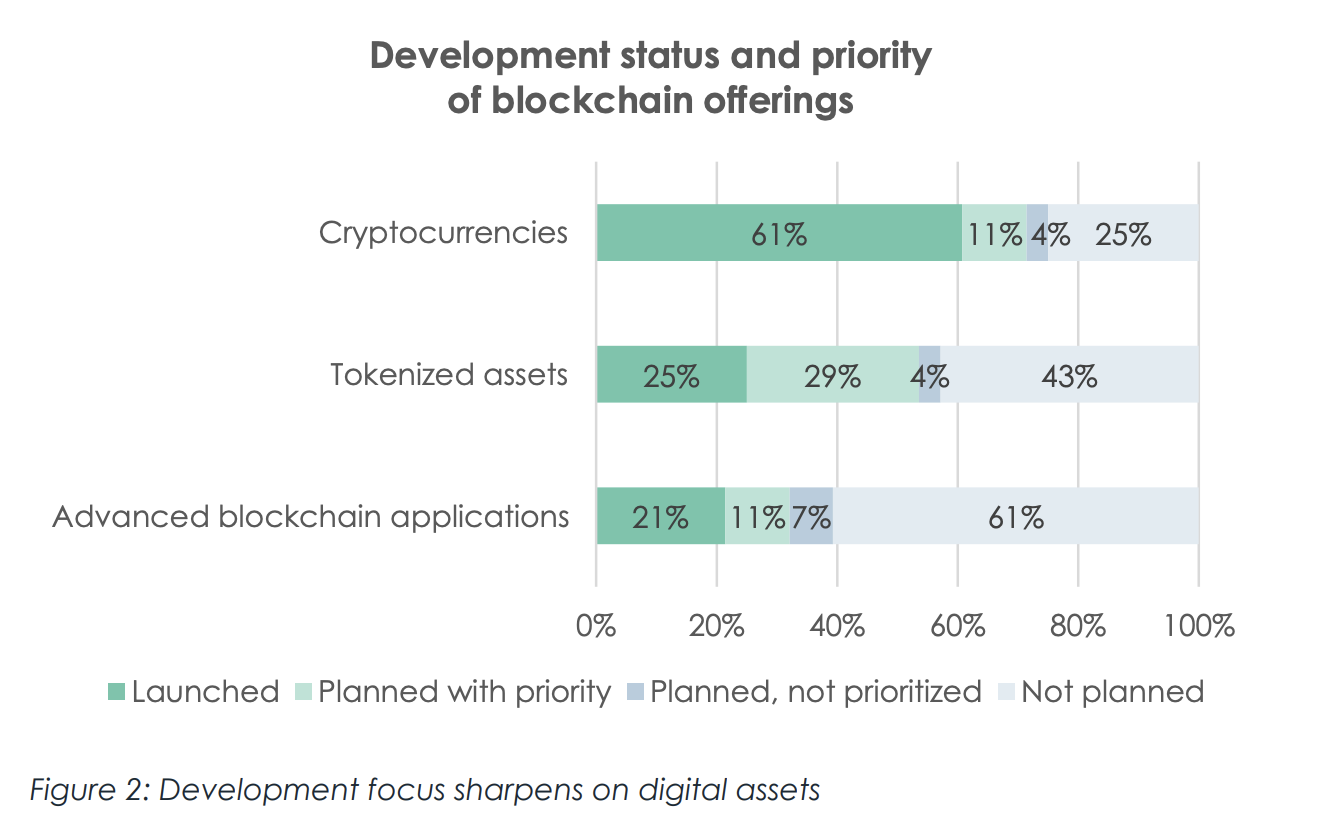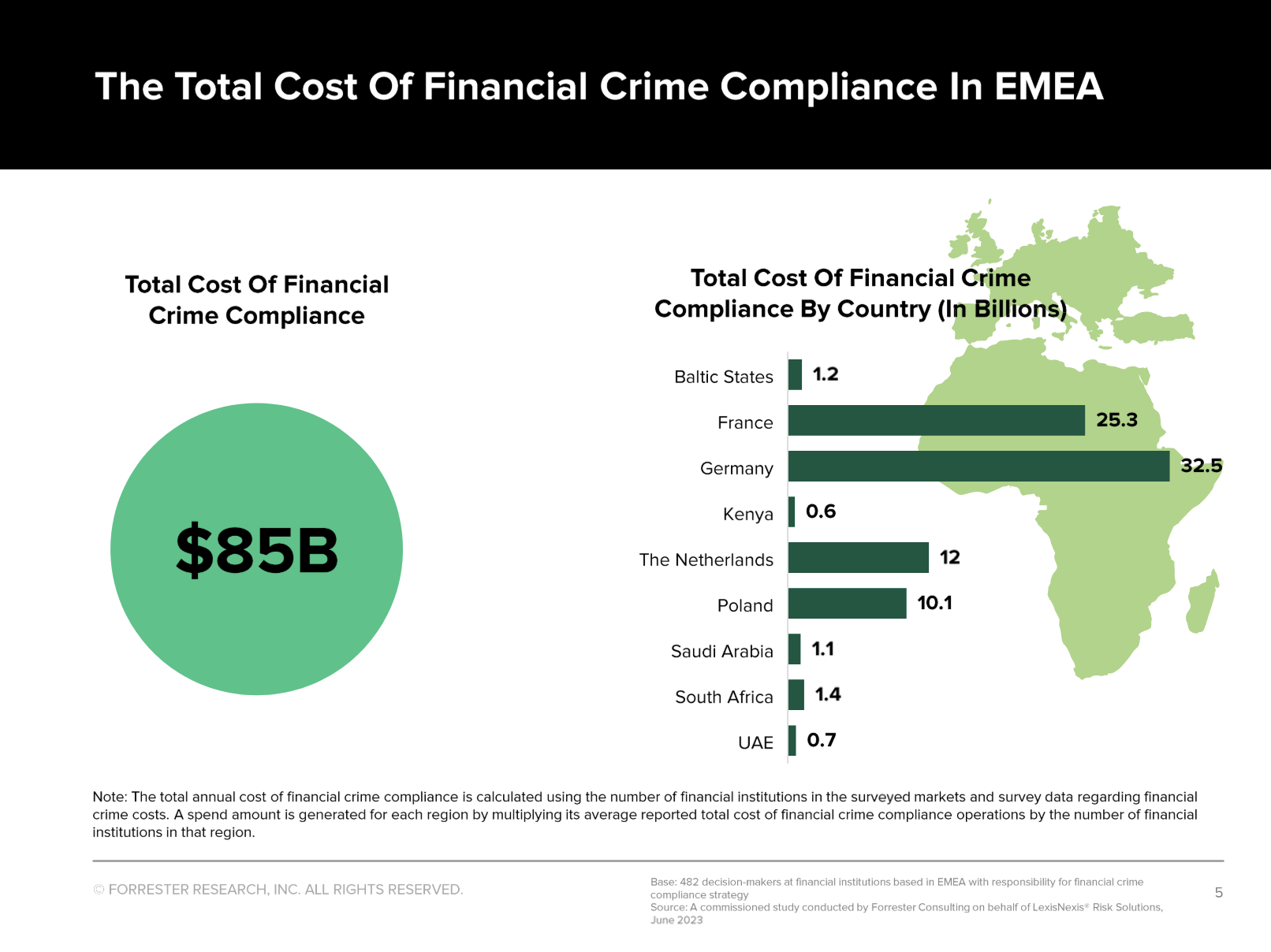Authored by Ryan McMaken via The Mises Institute,
As the immigration debate goes on, many commentators continue to sloppily ignore the difference between the concept of naturalization and the phenomenon of immigration.
While the two are certainly related, they are also certainly not the same thing. Recognizing this distinction can help us to see the very real differences between naturalization, which is a matter of political privilege, and immigration, which simply results from the exercise of private property rights. Immigration results naturally from allowing persons to exercise their property rights. Naturalization, on the other hand, is a political act.
Naturalization Is about Politics, not Property
Naturalization is the process by which persons become citizens and gain access to political institutions. This is a distinct phenomenon from the process of migration. Certainly, an immigrant can relocate without any intent of going through the naturalization process, as is the case for many immigrants to the US today. Those familiar with migrant worker programs in the US, for example, are well aware that there are many workers who work in the US but do not begin the naturalization process.
Much of the confusion in the US stems from the lax nature of US naturalization laws. Thanks to “birthright citizenship” in the United States, it is assumed in the modern US that even if a person never becomes naturalized, his or her children will automatically become citizens if born on US soil.
In many parts of the world, however, simply being born within the boundaries of a certain state does not guarantee naturalization.
Switzerland, for example, provides a much clearer picture of how immigration and naturalization can be viewed as quite distinct. Indeed, in Switzerland, the naturalization process can take many years for adults, and citizenship is by no means guaranteed even to the children of non-Swiss citizens on Swiss soil. For an example of this, we need look no further than this recent article in The Atlantic which outlines the story of one Nancy Holten who has lived as a non-citizen in Switzerland for 34 yeas. Recently, she was rejected for citizenship for the second time. This doesn’t mean Switzerland is a closed economy, of course. Non-citizen permanent residents are numerous in Switzerland, making up nearly one-quarter of the total population. The lack of citizenship, however, is not a barrier to owning property or entering into employment contracts.
This reality reminds us that citizenship and political participation — i.e., naturalization — are not the same thing as the free exercise of property rights.
Property Rights vs. Political “Rights”
Immigration, on the other hand, can — and should — occur outside the sphere of state power. In order for immigration to take place, the state merely need take no action and leave the matter to private employers, workers, and landowners.1
In other words, if a person can find someone willing to rent or sell him real estate, and if the migrant can secure income through employment or some other voluntary means, then the immigrant will be free to relocate — thanks to the invitation of private owners and employers.
Thus, in a system where income and access to other resources must be procured largely through private means, immigration — when it occurs — is simply the natural outcome of the exercise of private property rights. Unfortunately, most modern states cloud this picture by extending the welfare state to migrants. This, in turn, changes migration from a voluntary agreement between private parties into a matter of “public” funds and political action. The answer to this, of course, is to end the subsidy — not to intervene in the private economy.
Moreover, political problems that arise from imprudent policies on naturalization and welfare state spending do not justify government intervention in private property. After all, unlike political “rights” such as voting, private property rights are universal and are not rendered moot by a change of government policy or a change in government jurisdiction.
By moving from one jurisdiction to another, a person does not suddenly forfeit the right to rent an apartment freely offered to him by a landlord. He does not lose the right to take a job freely offered by an employer, and he does not lose the right to sell goods and services to persons who freely offer to buy them.
Unlike the political privileges conferred by naturalization, these property rights remain the same always and in every location. Any interference by the state into these voluntary market activities would be rightly considered a violation of basic human rights.
Nevertheless, in spite of states can and do engage in a variety of activities intended to hamper, prohibit, or regulate the exercise of private property rights based on whether or not a private party travels over an international boundary to conduct business.
Often, these efforts to limit property rights take the form of preventing buyer and seller from engaging in commerce. This can be done through physical barriers or by acts of a legislature intended to impose prohibitions on certain types of employment and other voluntary contracts.
In many cases, employers will only be allowed to employ persons with the correct government paperwork. Those who do not have the right paperwork, however, are in violation of government laws and may not be hired. In some cases, landlords are even prevented from renting their own property to potential renters who lack the correct arbitrary government designation.
In this, of course, we see little difference from regulatory regimes such as the war on drugs in which some plants are declared to be legal, while other plants are deemed illegal and verboten.
In all cases, of course, state enforcement of these arbitrary designations relies on the imposition of stiff fines and draconian prison sentences for many involved. This was certainly true in the case of William Hadden, a property owner who rented an apartment to non-government-approved persons:
The 69-year-old landlord was arrested and charged with dozens of crimes, including harboring fugitives and conspiracy — because his property manager rented to illegals. Although acquitted by a jury, he could have spent the rest of his life in prison, and been forced to forfeit the 60 or so units he owned jointly with his son to the State of Kentucky.
In his article “The Tragedy of Immigration Enforcement,” Lew Rockwell noted that “If you give government a job to do, even one that seems justified in the abstract, it will use its power to make a terrible mess in practice.” Rockwell goes in on in the article to note the many ways that federal control of immigration has empowered federal agencies to regulate, monitor, and control countless small business and employers across the US who have committed the “crime” of entering into employment contracts without federal approval.
Indeed, in recent decades, countless small business owners have been ruined by federal intervention in these voluntary employment contracts, while countless others have been driven into black and gray markets in attempts to exercise what should be regarded as unassailable property rights.
Those who advocate for this type of government control over private property often rationalize their position on the grounds that private owners and employers must be imprisoned, fined, harassed, and impoverished in the name of preventing immigrants from accessing the political system or the public purse.
Unfortunately, this sort of thinking confuses the issue of naturalization and immigration. If it is a concern — for whatever reason — that immigrants have access to political institutions and public funds, then the correct response is to directly limit that access.
Stealing the property of landlords and employers, on the other hand, — as part of a circuitous effort to stick it to immigrants — only destroys the free exercise of property rights while refusing to directly confront the issue at hand — a bloated welfare state and a broken system of naturalization.
Full story here Are you the author? Previous post See more for Next postTags: Immigration,Labor,Mises Institute,newslettersent,Real Estate,Reality,Social Issues,Switzerland



























